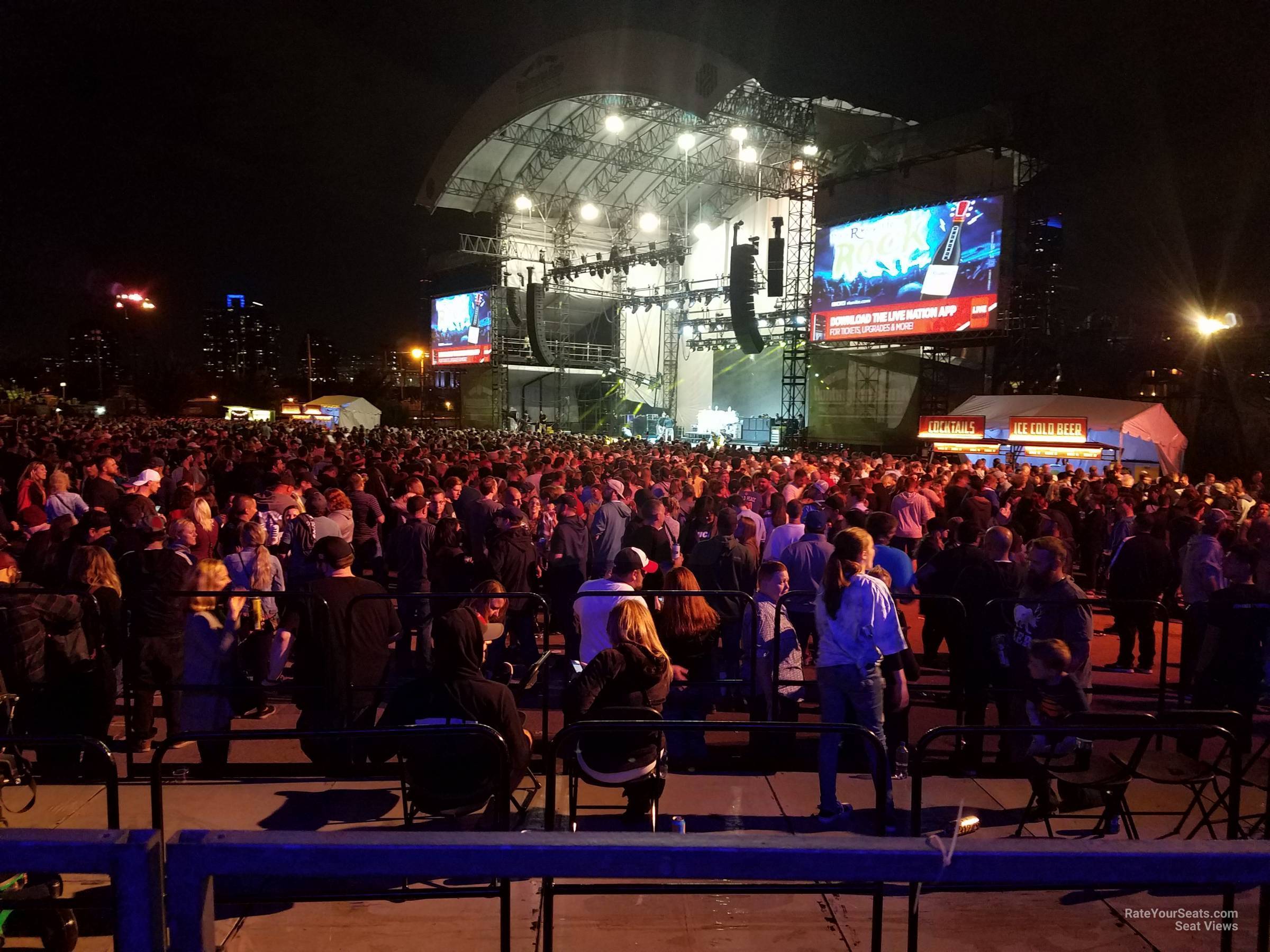

Doctor P / Picto, Excision, Datsik & Flux Pavilion, Flux Pavilion / J Sweet, Flux Pavilion & Dr P / Zero G, Flux Pavilion / The Widdler, Flux Pavilion And Doctor P, Major Lazer Featuring Flux Pavilion, Flux Pavilion Feat. Although Flux Pavilion is still relatively new on the scene, much of his work is already being showcased and sampled by some of the worlds leading producers. In Groups: Real Rabitzkin, Flux Pavilion & Trolley Snatcha, Flux Pavilion Feat. Flux Pavilion is the stage name for Joshua Steele, a dubstep producer and DJ from Towcester, United Kingdom whose hit 2011 single 'Bass Cannon' brought the artist to prominence by peaking at 56 on the UK Singles Chart. We have all the know-how to handle any and all of your questions or concerns.Ĭheck out these other travel tips, or reach out to us to get more information.Genres: Electronic, Turntablism, Dubstep, Garage, Club, EDM, Electro, Electronic Dance, Bass, Filthstep, Īliases: Joshua Steele, Flux, Flux Pavillon, Flux Pavillion, Bubbles, Josh Extravaganza, Eff-Pea Speak with a representative here are and get answers to any questions you have about Chinese currency and what to expect on your exciting tour of China. Apple pay exists as well, but is not supported by as many merchants as WeChat and Alipay. You will likely come across QR codes to make a mobile payment for a taxi, street vendor, or other merchant in many parts of the country. Payments made by way of a mobile device are increasingly common and in China can be made through WeChat and Alipay. You are better off bringing a reasonable amount of cash for your immediate needs once you arrive than by purchasing traveler’s checks. While traveler’s checks are intended to be respected the world over, whether a bank teller in China decides to verify and accept them at any given time is another story. Be sure to alert your bank to your upcoming trip to China and ask them if you will incur any fees for using it abroad. Fortunately, banks can be found easily, provide English instructions, and accept foreign credit cards. While the average restaurant, shop, and your hotel in China will likely accept major credit cards, it is always a good idea to carry a certain amount of cash on you at all times and try to make your purchases with such, especially if you are heading into a more rural or remote area of the country. You should be able to obtain cash at any Chinese international airport upon your arrival. Be careful when exchanging money in China, and try your best to pay with multiple smaller denominations than a single, large Yuan note. Before your trip to China, look into the current exchange rate for the Yuan and whether you can better exchange rate in your home country or once you arrive in China. This website shows how many Renminbi one US dollar is worth on any given day.Īs when traveling anywhere in the world, you need to practice discernment when it comes to handling money. However, knowing what the typical rate is before you leave can go a long way in helping you budget how much you might spend on food and souvenirs. How far will $1 get you in China? Great question!Įxchange rates between different currencies are constantly in flux. Currency exchange rates can vary, so it is highly advised that you look into how much the Yuan is worth before leaving on your trip. Currency exchange may be available in large banks, hotels, and airports. The jiao (角) and fen (分) coins are both issued in ones, twos, and fives.įor many travelers, exchanging money is frequently required during their trip, which is particularly true for businessmen who do business in China.

Chinese money is issued by the People’s Bank of China in denominations of one, two, five, ten, twenty, fifty, and one hundred yuan.

In some parts of China, the yuan is called kuai (much like US dollars can be referred to as “bucks”) and jiao is referred as mao. The Chinese Yuan is further subdivided as follows: The basic unit of the Renminbi is the Yuan and the symbol for the Yuan is ¥, just as the symbol for the US Dollar is $. “Renminbi,” which translates to “people’s money,” is the official currency of China. The Chinese Yuan, also known as Renminbi, is used throughout in mainland China, while in Hong Kong and Macau, the Hong Kong dollar and pataca are respectively used.


 0 kommentar(er)
0 kommentar(er)
